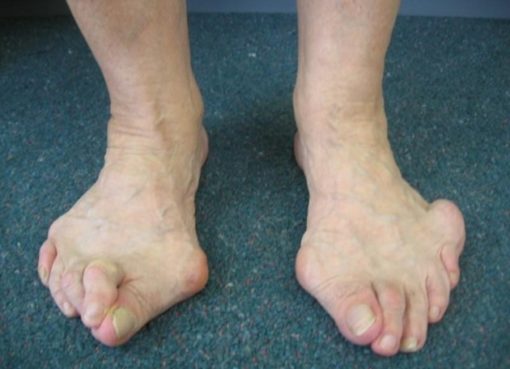Did you know that certain emotional and mental factors can impact weight management? Typically, many perceive their lifestyle and physical health problems as the only reason that increases their chances of being overweight. However, your mental state’s role in weight cannot be underscored. In most cases, your weight seems to fluctuate when you are stressed or depressed. This is because it is challenging to maintain your health routine when you suffer from mental problems. Fortunately, all these conditions can be reversed by a weight loss specialist Fairfax using weight loss counseling and other proven-successful techniques. You might be wondering how your psychology is directly related to weight gain. Here is what you should know.
Understanding stress and weight gain
One of the best psychological drivers of weight gain is eating to cope with stress. Usually, when you are stressed, you always try to look for ways that calm yourself, and eating can play that role. For instance, perhaps you had a rough day at work and convinced yourself to sit on the couch and eat cookies or pizza. Although food can act as a short-term temporary comfort, it does cause more distress since eating to cope results in much guilt later. There are numerous ways that you can identify stress or emotional eating habits, including:
- Excessively craving sugary or salty foods
- Experiencing hunger that doesn’t come from your stomach, but head
- Developing sudden hunger rather than gradual hunger
- Feeling unsatisfied after eating
- Having the desire to eat often
Generally, when you are physically hungry, you can eat small amounts of food, which is typically enough to quell your hunger. However, with hunger brought about by emotional factors, you tend to eat more without satisfaction which isn’t good for you.
Depression and overeating
Are you aware that 43% of adults living with depression are obese? The relationship between depression and being overweight is well-established since you don’t know how to control your eating habits while depressed. In the efforts to fight the effects of depression, you are likely to turn to excessive eating. Similarly, with depression, it’s challenging to maintain your exercise levels which can also lead to weight gain.
Self-confidence and being overweight
Your self-esteem plays a critical role in weight gain. If you’re already overweight, your self-confidence is ultimately low, which triggers an emotional response that can send you back to overeating. The stigma and discrimination from peers and family members affect your self-esteem, and you may eat more for comfort. Don’t underestimate how self-esteem can sabotage hunger-satisfying hormones leading to excessive eating.
How to cope with psychological factors that influence weight gain
Considering how we lead our everyday lives, it is more likely that emotional and mental factors can trigger you to gain more weight within a short time. Nevertheless, you may have been trying to cut the extra weight through exercise without any effort. In such cases, it is essential to seek professional help to identify what could be the leading cause for your overweight nature and what practical measures to incorporate. At Nova Physician Wellness Center, Dr. Rohit Suri and his professional team will walk you through your weight loss journey through counseling and with results-proven methods for weight loss. Be assured that our specialists will individually offer the help you seek regardless of whatever drives your weight gain. If you want to reclaim your original attractive shape, schedule your appointment today!




